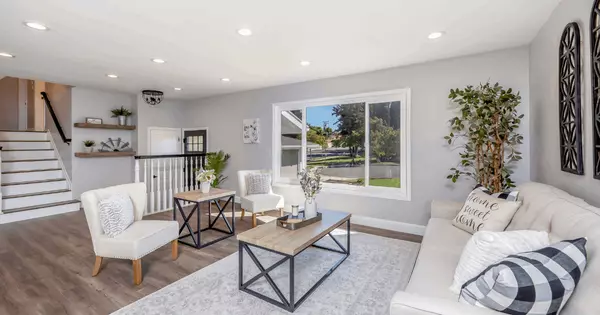The Pros and Cons of Buying a Home in June
Buying a home is a significant milestone filled with excitement and anticipation. The timing of this important purchase can impact various aspects of the process, from the availability of homes to the price you might pay. June is a popular month for homebuyers, but it comes with its own set of a
What's It Cost? Homeownership Expenses Beyond Your Mortgage
Owning a home is a dream for many, and affordability is often the make-or-break factor when it comes to purchasing your own house. While the focus of the affordability conversation is often on mortgage payments, homeownership comes with additional expenses beyond what you pay toward your home lo
The True Value of Homeownership
Buying and owning your home can make a big difference in your life by bringing you joy and a sense of belonging. And with June being National Homeownership Month, it’s the perfect time to think about all the benefits homeownership provides.
Of course, there are financial reasons to buy a house, bu
Chris Kawasaki
Phone:+1(626) 214-8111





